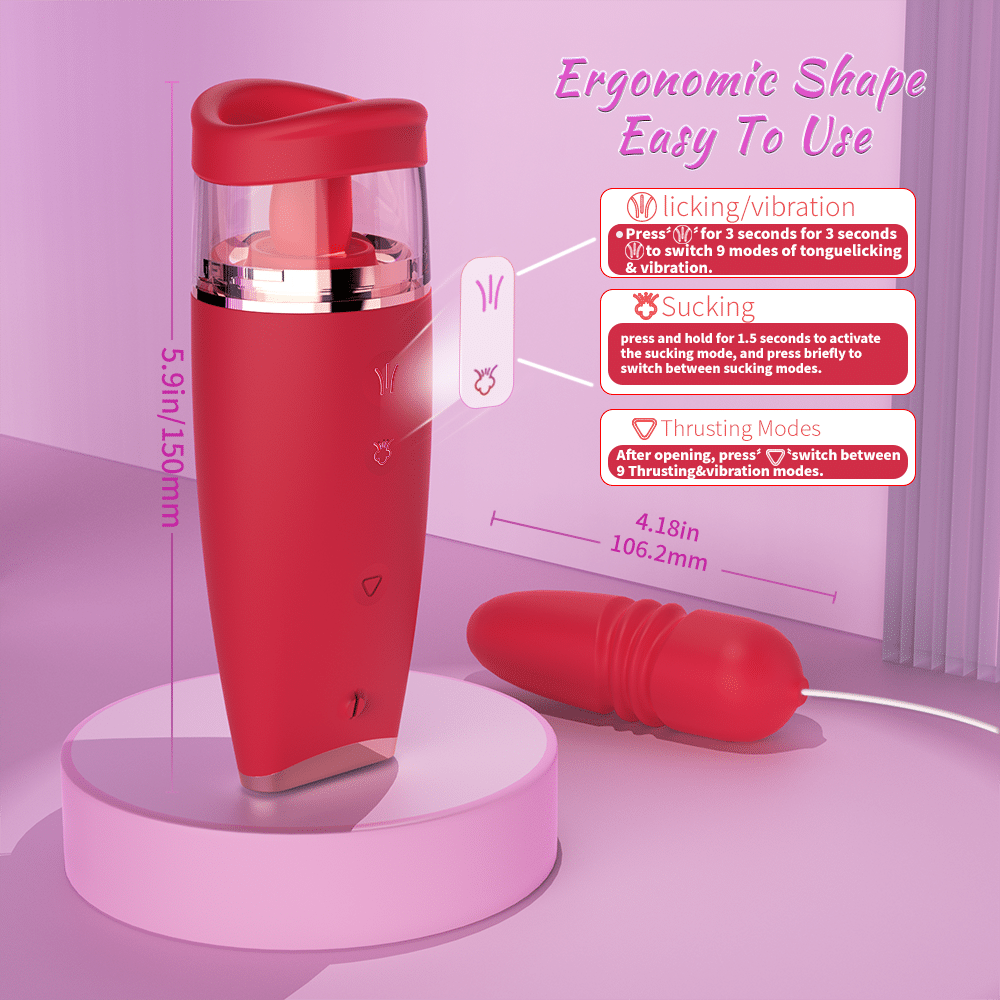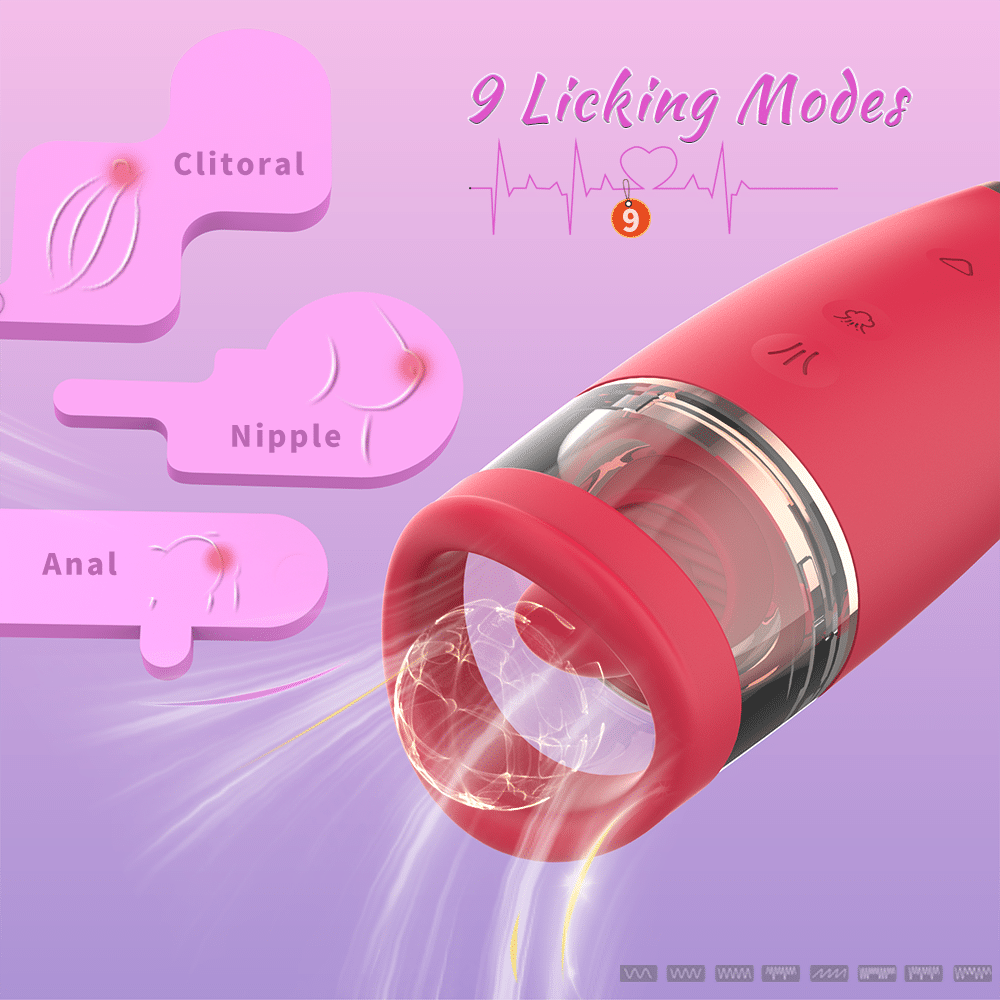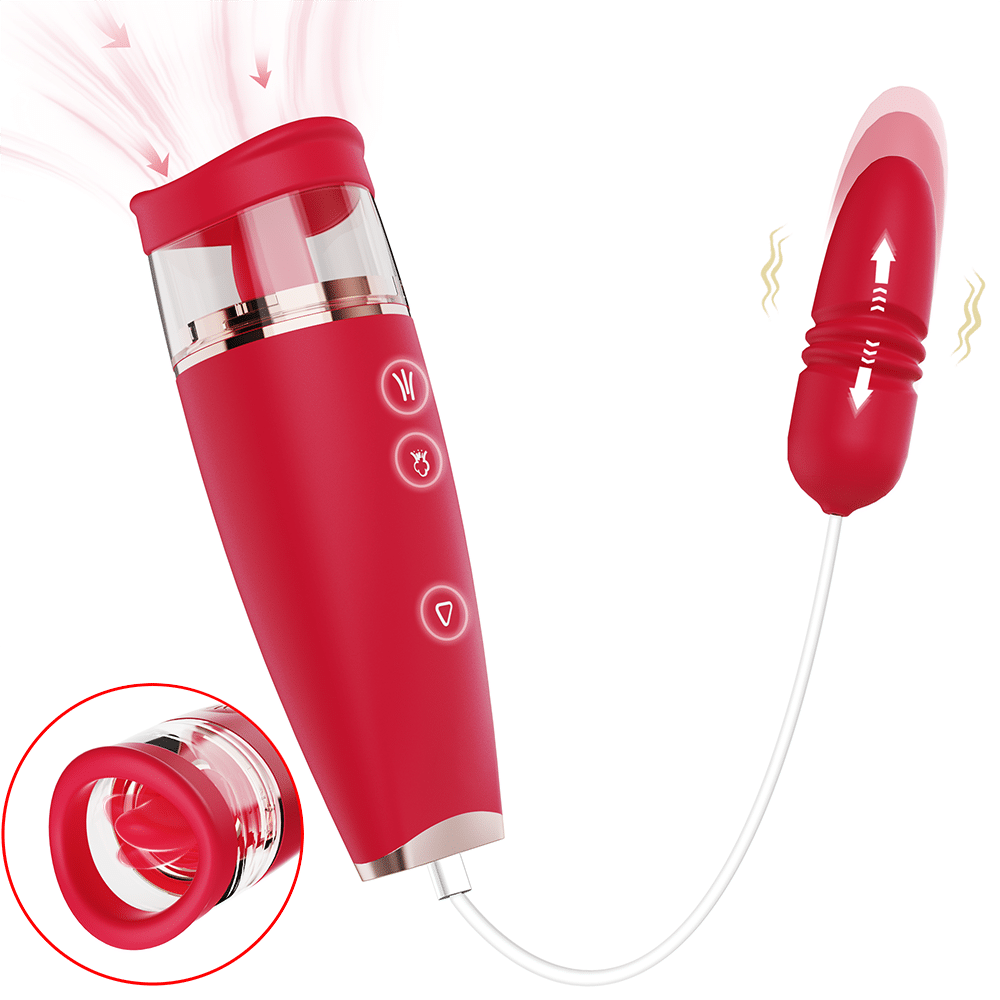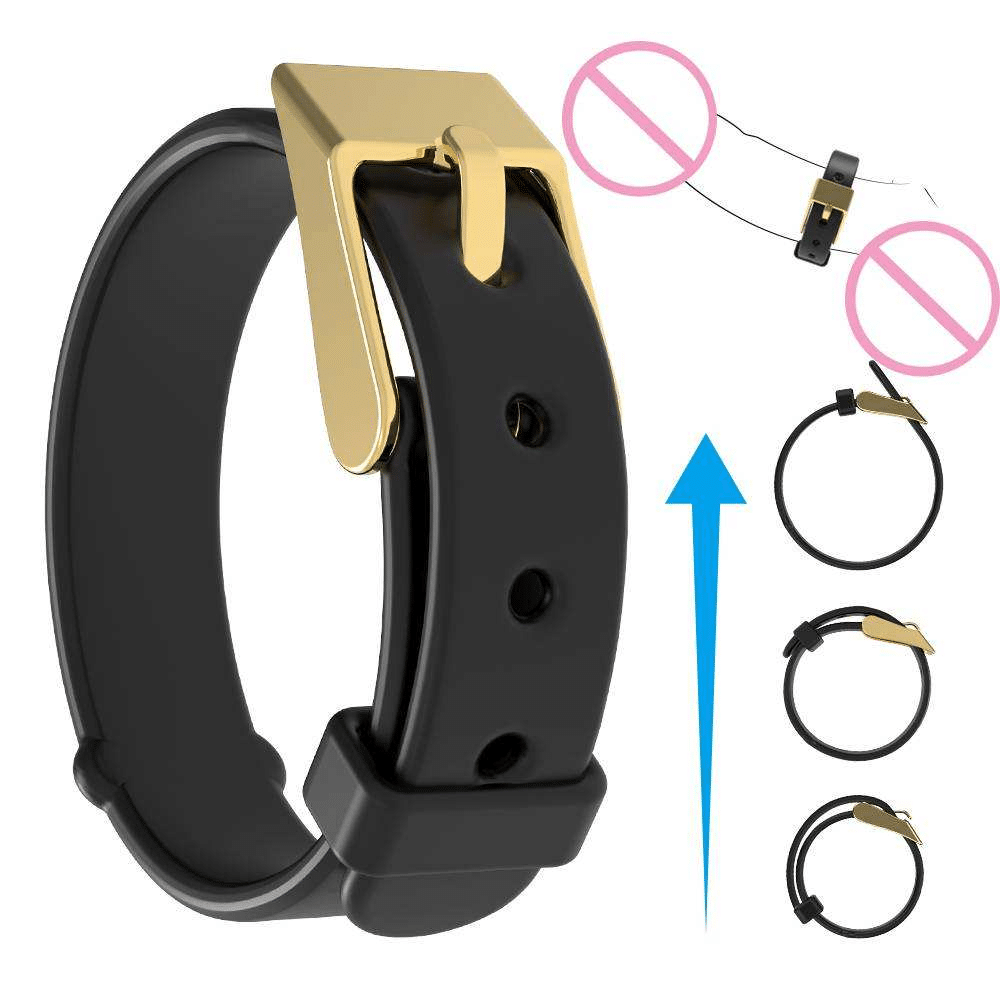Table of Contents
Toggle
In many companies, “failure” is a word to be hidden.
This risk-averse approach creates bottlenecks in a marketplace where innovation drives success.
As studies show, over 67% of B2B purchases are influenced by digital differentiation.
At Luxora, we’ve built a radically different culture.
We don’t just tolerate failure; we celebrate it.
We systematically transform every setback into proprietary knowledge that our B2B partners leverage for a competitive advantage.
This is how “Sensory Art” is born—not through caution, but through courage.
This article explores our R&D culture. For a complete guide to our partnership philosophy, read our Ultimate Guide to Building a Brand on Trust & Culture.

The Two Paths of Partnership: Risk vs. Innovation
Partnering with a manufacturer is a choice between two mindsets.
The wrong one leads to missed opportunities, while the right one unlocks market leadership.
| The Conventional (Risk-Averse) Partner | The Luxora Way (Innovation-First) |
| Views experiments as a threat to margins. | Sees experiments as an investment in your market leadership. |
| Prioritizes safety, letting promising projects die. | Prioritizes breakthrough potential and calculated risks. |
| Hides problems and setbacks until they’re critical. | Communicates openly about challenges from the start. |
| Result: A competitive bottleneck. | Result: A competitive advantage built on shared progress. |
When a partner fears failure more than they embrace progress, you surrender your competitive edge.
The companies that thrive today recognize failure as a priceless opportunity to grow.
Case Study: The “Failure Celebration Meeting”
Our advanced materials team recently embarked on a “luminous liquid silicone embedding” project to create self-glowing fashion accessories.
The three-month journey became one of our most celebrated “failures.”
The Luminous Silicone Project Flow:
- Step 1: The Goal
Develop a novel process to embed luminescent compounds directly into liquid silicone for high-end B2B clients.
- Step 2: The Challenge
Technical hurdles emerged quickly. Yield rates were a mere 12%, compounds degraded, and manufacturing costs spiraled beyond viable pricing.
- Step 3: The “Failure” as Data
Commercially, the project failed.
A traditional company would have buried it. We saw a goldmine of strategic intelligence. I’ve seen the look on an engineer’s face when a project they poured their heart into is labeled a ‘failure’—transforming that moment from one of dread into one of pride is what this is all about.
- Step 4: The Celebration & Breakthrough
At our “Failure Celebration Meeting,” the project leader presented invaluable data on silicone polymerization and temperature sensitivity.
She received our “Best Exploration Award” not despite the failure, but because of it. This intelligence directly informed two successful product launches six months later.
👉 Related: How we apply silicone expertise to successful products

Our Philosophy: Why We “Embrace Failure”
Our culture is built on three pillars that turn Thomas Edison’s famous words about innovation into action.
| Pillar | Traditional Approach (Blame & Control) | The Luxora Way (Learn & Grow) |
| Encourage Innovation | Fear of failure kills creativity, leading to safe, incremental improvements. | Psychological safety encourages ambitious concepts, leading to a 40% increase in patent-worthy discoveries. |
| Accelerate Learning | Failure analysis focuses on blame. Knowledge is lost and mistakes are repeated. | We dissect what went wrong, creating institutional knowledge that competitors lack. |
| Build Trust | Partners hide setbacks, creating a defensive and fragile relationship. | We transparently share our “failure portfolio,” proving our partnership can withstand the challenges of complex ODM projects. |
According to Harvard Business Review (Psychological Safety), organizations with high psychological safety are more likely to innovate and adapt effectively.
What Our Innovation Culture Means for Your Business
This philosophy delivers tangible value to our B2B partners in two key areas:
1. Stronger Innovation Capability
Our culture is your competitive advantage.
While others play it safe, you partner with a team that transforms every “failed” experiment into intellectual property, strengthening your market position with solutions others haven’t even attempted.
2. Lower Partnership Risk
Our transparency about potential failures reduces your project risk.
We establish realistic expectations and contingency plans from day one, fostering a genuine partnership built on mutual problem-solving.
Conclusion: Choosing Excellence Through Partnership
Choosing a partner who celebrates failure is a shift from a transactional vendor to a transformational partnership.
Research shows B2B firms that embrace experimentation outperform competitors because “creating superior customer value is key.”
When you select Luxora, you’re not just outsourcing production; you’re accessing a partner whose systematic learning from setbacks translates directly into your success.

Frequently Asked Questions (FAQ)
Q1: How does Luxora differentiate between a “valuable failure” and an “irresponsible mistake”?
A1: A “valuable failure” arises from a well-planned, innovative attempt that generates crucial data and learnings.
An “irresponsible mistake” results from negligence and offers little to no learning value.
We celebrate the former and correct the latter.
Q2: What is the specific process of a “failure celebration meeting”?
A2: The project leader presents the process, challenges, and key lessons.
Instead of blame, the team engages in a constructive post-mortem, often concluding with an award to honor the team’s courage and contribution.
Q3: In an ODM project, who bears the cost if an R&D failure occurs?
A3: We believe in full transparency.
All potential risks and cost-sharing frameworks are openly discussed and mutually agreed upon before the project kicks off.
Our goal is to navigate challenges together as partners.








